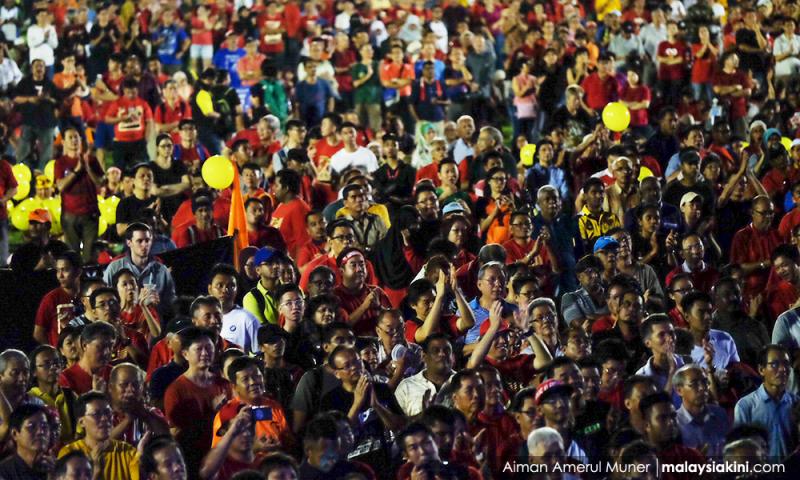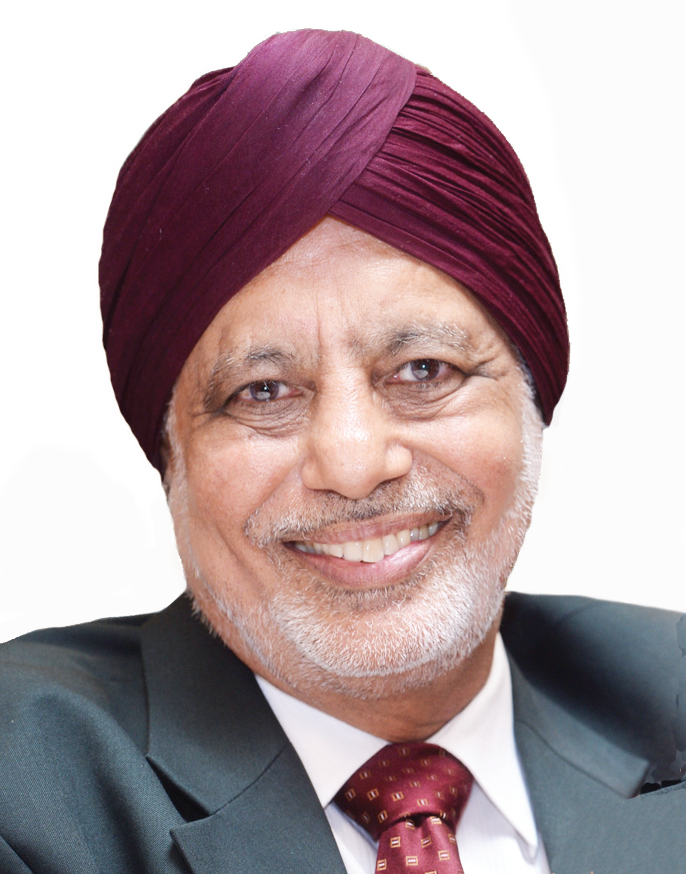HISTORY | Historical truths about the 'pendatang'
HISTORY: TOLD AS IT IS | Over the last two decades, there have been several instances of non-Malay Malaysian citizens being derogatorily referred to as “pendatang” by a few Malays, particularly politicians as well as influential individuals.
Those who engage in such acts appear to be bent on reasserting the notion of Malay dominance or “ketuanan Melayu” as part of their brand of ethno-nationalism. To make matters worse, they blatantly asked non-Malay citizens to return to China or India if they are unhappy with the state of affairs in Malaysia.
For example, in 2008, Ahmad Ismail – then Bukit Bendera Umno chief in Penang – was suspended from Umno for three years following an uproar over his remarks allegedly describing Chinese Malaysians as “pendatang” or immigrants during a political rally in Permatang Pauh. His suspension was subsequently lifted in December 2009 by the Umno Supreme Council.
Furthermore, in 2010, the head of a school in Kulai, Johor had labelled non-Malay pupils “pendatang” whilst a school headmistress in Shah Alam in 2013 told non-Malay pupils to “go back to India and China” for allegedly being unruly during an assembly.
This article seeks to explore the historical truths about the term “pendatang” by seeking the answers to several questions: What is the true meaning of “pendatang”? Is it correct and fair to refer to Malaysian citizens of Chinese and Indian origins as “pendatang”? While the Malays are acknowledged as among the earlier settlers in Peninsular Malaysia, was there also a significant proportion of them who arrived much later to join and make up the community?
Let’s begin by clarifying...
RM12.50 / month
- Unlimited access to award-winning journalism
- Comment and share your opinions on all our articles
- Gift interesting stories to your friends
- Tax deductable

 Ranjit Singh Malhi
Ranjit Singh Malhi